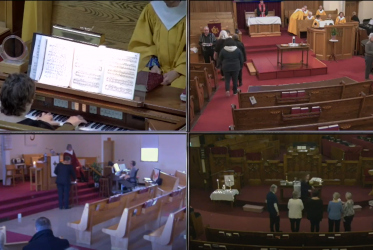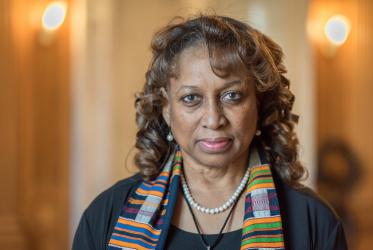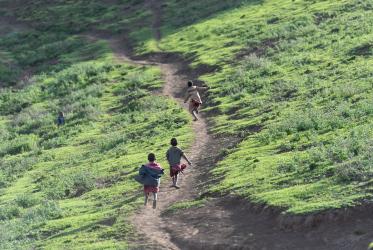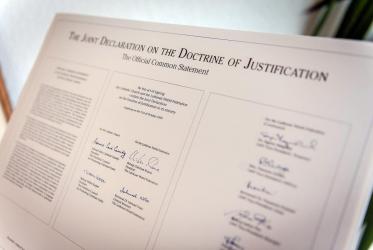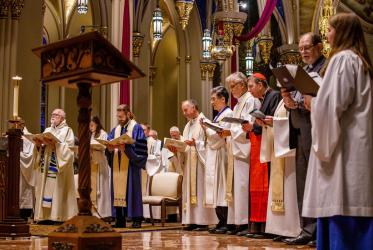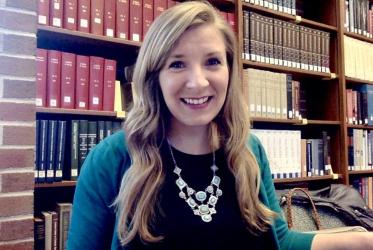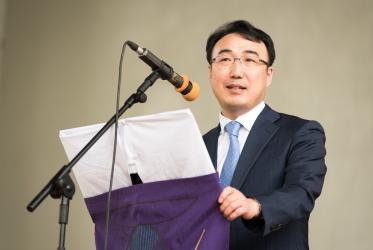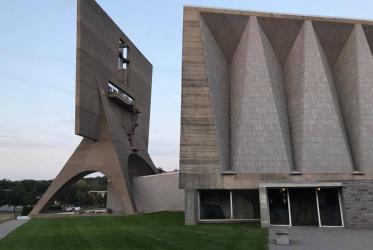Displaying 1 - 20 of 34
WCC condemns attack at Hanukkah celebration in New York City
29 December 2019
Turning mercy and compassion into action
04 March 2019
An advocate for family values, called by God
26 March 2018
Faces of Hope raises awareness
07 March 2018
Mission conference theme carries profound meaning
06 March 2018
Tveit: search for unity “an urgent need today”
09 September 2017
"We have our work cut out for us"
10 August 2017
